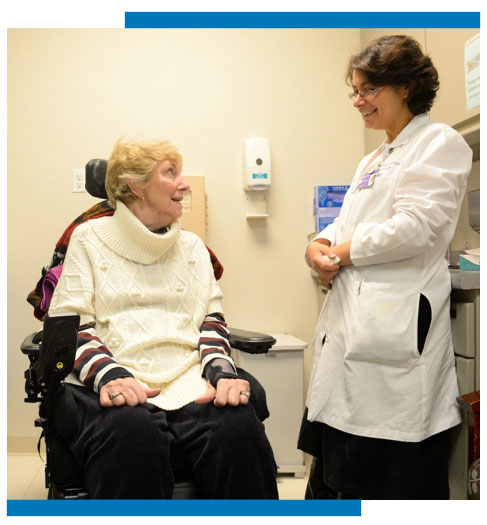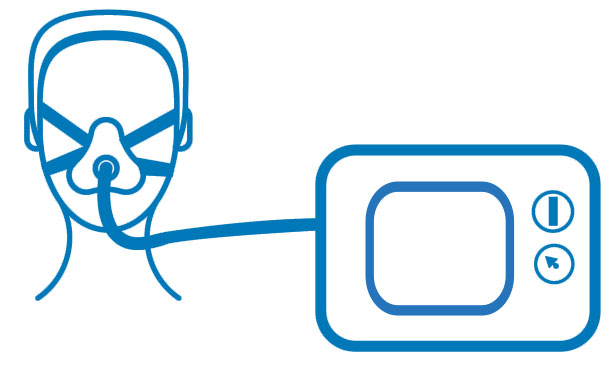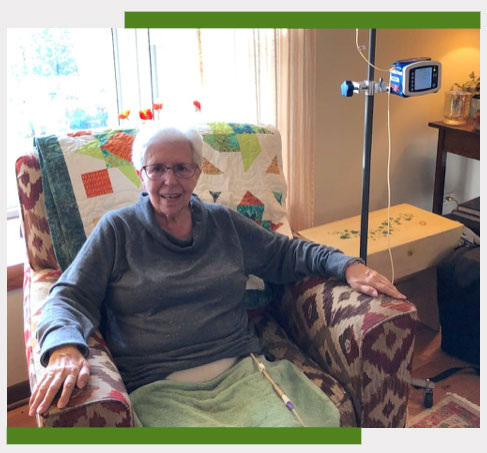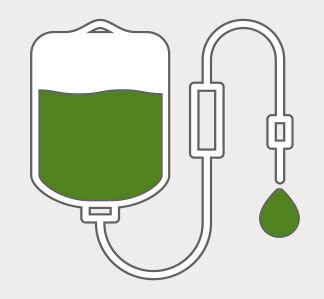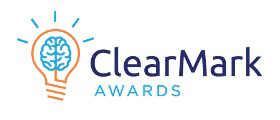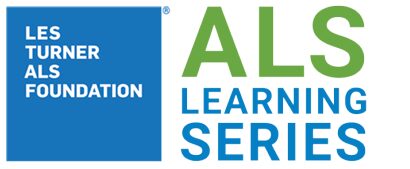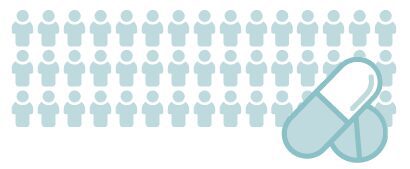My ALS Decision Tool™
You can use My ALS Decision Tool™ to learn about your ALS treatment options and make important decisions about your care. For example, as your disease progresses, your ALS care team may recommend treatments like breathing support or a feeding tube to help you stay as healthy and comfortable as possible. Even if you don’t have trouble breathing or eating on your own right now, it’s never too early to start planning ahead for your future care.
As you go through each module, you’ll learn about some common ALS treatments and procedures, answer a few questions to help you think through what is most important to you, and get ready to talk with your ALS care team about your options.
Genetic Counseling and Testing
If you have a family history of ALS, you may wonder whether you or your children are at a higher risk of developing the disease. Genetic counseling can help you find answers. Through predictive genetic testing, you can learn more detailed information about your risk of developing ALS or related conditions in the future.
For people living with ALS, genetic testing can help you understand why you developed ALS, make decisions about your ALS care, and plan for the future. Depending on your genetic testing results, you may be able to join certain clinical trials (research studies where participants try new medical treatments).
These decision tools can help you learn about genetic counseling and genetic testing, and decide which options are right for you.
Breathing Support
Nutrition Support

Your next steps
Once you finish exploring a decision tool, talk to your ALS care team about what you have learned. Together, you can find a treatment plan that is right for you.
For more information about living with ALS, visit lesturnerals.org/resources. If you have any questions, feel free to contact us at education@lesturnerals.org or learn more about our ALS Support Services Team.
You can also sign up for email updates from the Les Turner ALS Foundation.
About My ALS Decision Tool™
The Les Turner ALS Foundation is committed to empowering people with ALS to make important decisions, in tandem with their care providers, about their current and future health care needs. Using language informed by health literacy best practices, My ALS Decision Tool™ is designed to impart accessible information about ALS treatment options, encourage conversations, and facilitate the careful planning of treatment decisions.
Each My ALS Decision Tool™ module was developed in collaboration with people living with ALS, caregivers, advocates, researchers and clinicians. The content includes insights gained by nurses and social workers who have shared lessons learned from decades of one-on-one ALS consultations. Dr. Anne Hogden’s MND Patient Decision Support framework and guidance also informed the development process.
Over 75 people have been involved with the development of these decision tools and the associated guides, with medical review by multidisciplinary ALS care teams including specialists in neurology and pulmonology, as well as certified genetic counselors.
My ALS Decision Tool™ was made possible by generous donations from the Gilbert & Jacqueline Fern Foundation, Biogen, Cytokinetics Communications Fellowship Grant, Novartis, Novartis Gene Therapies, the Richard A. Perritt Charitable Foundation and other donors to the Les Turner ALS Foundation.
Please note that the information in these decision tools is not medical advice. Talk to your ALS care team before making any decisions about your health or treatment. Together, you and your care team can find a treatment plan that works for you.
You may also be interested in...
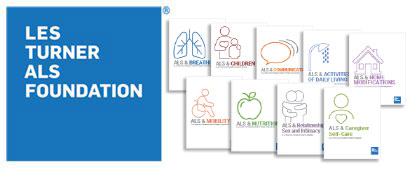
Looking for in-depth information about ALS symptoms and care options?
Les Turner ALS Foundation has you covered. We’ve created guides about key topics like nutrition, communication, mobility, and more.
Learn More
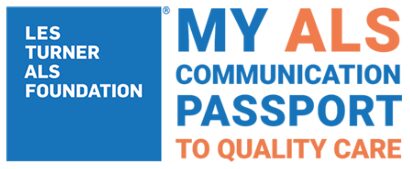
My ALS Communication Passport to Quality Care
You have a lot of information to keep track of, and this passport will help you do that. You will be able to share health information and care preferences with caregivers.
Learn More
Share this Page
